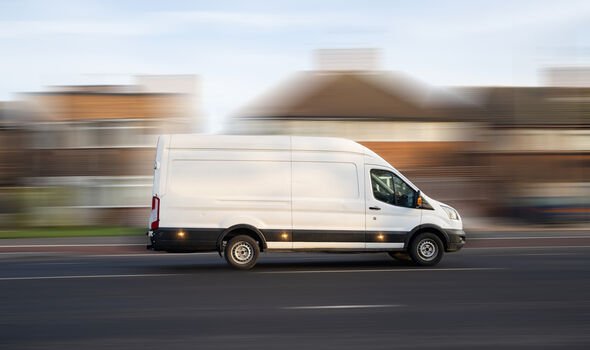The UK government’s recent extension of the petrol and diesel van sales ban to 2035 may inadvertently cause businesses to delay their transition to cleaner vehicles. The original ban on new petrol and diesel cars is set for 2030, but van manufacturers will now be allowed to sell brand new combustion vans for an additional five years.
Peter Golding, managing director at FleetCheck, warned that this extension could backfire by giving fleet operators an excuse to continue using internal combustion engine (ICE) vehicles. “In creating a situation where diesel and hybrid vans can stay on sale until 2035, they’re potentially just giving fleet operators an excuse to continue using ICE vehicles and ignore the issue for a few more years,” Golding told FleetNews.

The decision is largely attributed to the struggling demand for cleaner vans on UK roads. Data from the Society of Motor Manufacturers and Traders (SMMT) found that electric van demand remained static in 2024, with the EV share staying at 6.3% despite a nearly 20% increase in available zero-emission models.
Paul Hollick, chair of the Association of Fleet Professionals (AFP), offered a different perspective, stating that the 2035 date provides a more realistic timeframe for businesses to adapt. “From a fleet industry point of view, the big news here concerns vans. The new revisions create a degree of breathing space with diesel and hybrid vans available until 2035. This looks like a more realistic timeframe that will allow ongoing development of new vehicles and a process of adaptation by fleets,” Hollick explained.
The extension highlights the challenges in transitioning to electric vehicles, particularly in the commercial van sector. While the original 2030 ban for cars remains in place, the van extension may impact the overall pace of adoption of cleaner vehicles in the UK.



